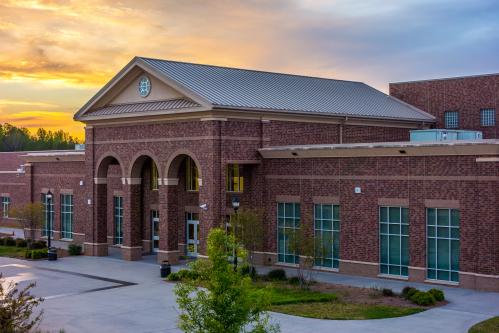

How are elementary and secondary schools in the United States financed, and why does per-pupil funding vary so much across communities? Which communities benefit from high levels of school funding, and which miss out? How has this changed over time, and what can states and the federal government do to make funding for schools more equitable? This series addresses these and other questions related to how we pay for school in the United States.



